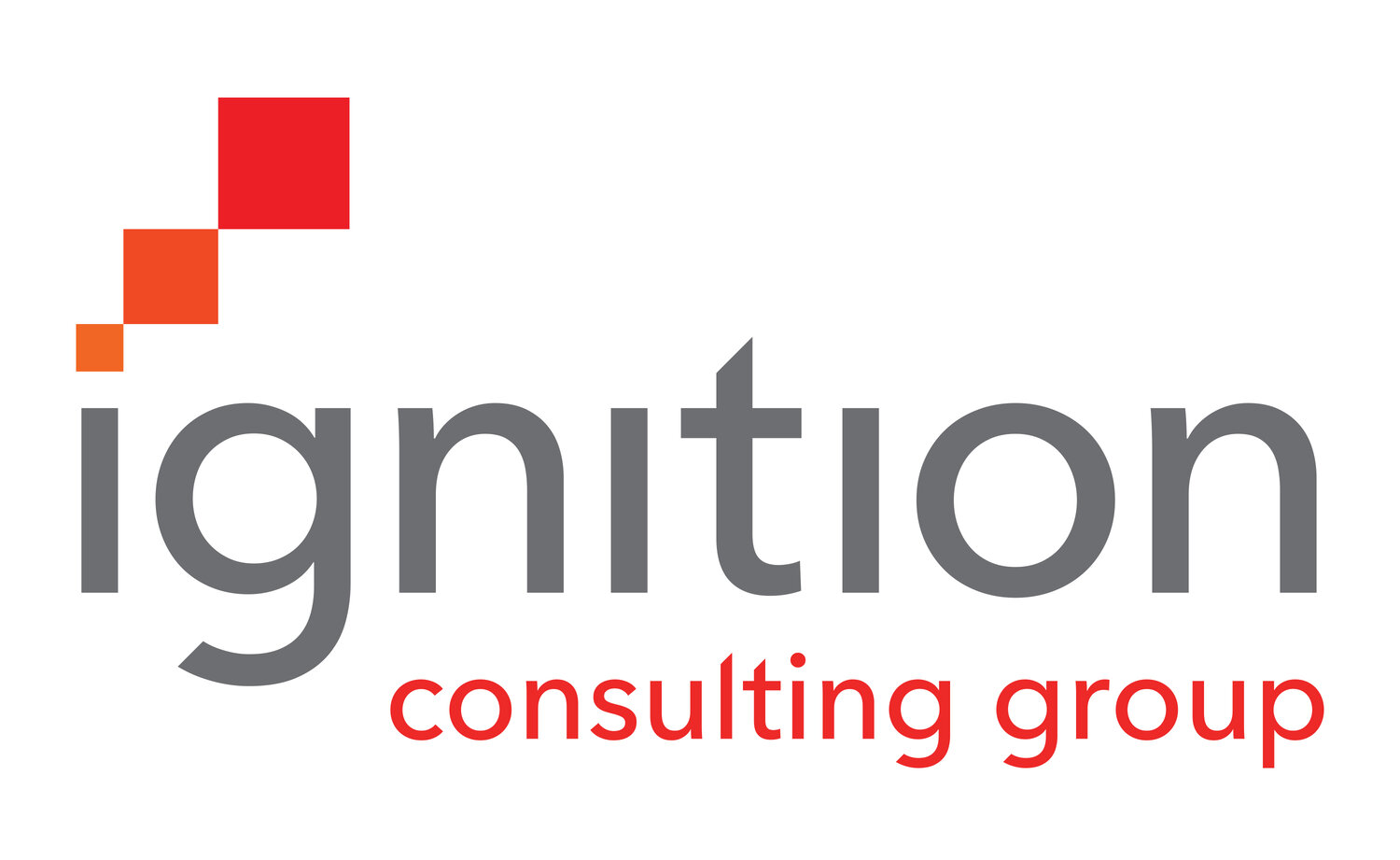How AI is Flattening the Professional Services Model
By Tim Williams
A future in which advertising agencies, law firms, and CPA practices consist of a founder and zero employees isn’t a theoretical construct; it’s already here.
No doubt an “agency of one” is an extreme example of an AI-optimized professional services firm, but it’s a more practical business model than most of us would have ever imagined.
Already, business schools are helping entrepreneurs build zero-employee models for start-up businesses. Karim Lakhani of Harvard Business School offers a leadership course for executives in which they use generative AI to build a food company in 90 minutes, using AI tools to execute consumer research, create recipes, locate suppliers and design packaging for the brand. The Economist, which reported this story, calls this the rise of the “solopreneur” — an entrepreneurial business executive that relies not on human capital, but rather intellectual capital supplied by machines.
Value chains are being reconfigured
Thanks to new emerging technologies, we are witnessing a massively disruptive reconfiguration of value chains. A single individual can now employ armies of specialist resources to deliver the kind of value previously available only from large integrated companies.
Legacy business models typically require a fairly large infrastructure in order to fulfill the needs of customers seeking a “one-stop” solution to business problems. To provide integrated, multi-channel marketing campaigns, agencies have built business models consisting of many different departments and disciplines. These are labor-intensive structures requiring constant collaboration and coordination.
But now, technology platforms are providing these same solutions at a fraction of the cost in a fraction of the time, with a fraction of the people. This model can work just as well for high-touch businesses as high-tech. A restaurant can now consist of just a brand, recipes, and a menu. As Harvard Business School professor Antonio Moreno observes, everything else in this restaurant can be outsourced to a network of “cloud kitchens,” which manage everything from procurement and staffing to cooking and coordinating with food delivery platforms. We can now imagine not only a restaurant that relies upon this kind of model (powered by Kitopi), but also a shipping business (ShipBob), and yes, even an advertising agency (Product).
”Soloprenuers” are leveraging hyperspecialized providers
The new breed of “solopreneurs” are essentially orchestrators who bring together end-to-end solutions delivered by a network of hyperspecialized, technology-enabled platforms and providers.
And now with the help of agentic AI, these new businesses will benefit from the ability of autonomous agent systems to learn, adapt, and make decisions independently. As Moreno notes, AI agents can be embedded into workflows so they can manage and improve processes without human involvement. They can integrate data from a variety of sources and respond dynamically to changes, automatically adjusting production schedules, resource levels, and other critical logistics. Moreno points to numerous companies — from FedEx to Amazon — who are already working this way.
Organizational structures are being reimagined
The professional services business is no exception. Law firms are using platforms like Harvey to provide integrated solutions to clients faster, cheaper, and arguably better. End-to-end AI-powered platforms like Multiply are helping advertising agencies do the same. And for accounting firms, Truillion is the kind of technology partner that is reducing head count, accelerating velocity, and improving outcomes for clients large and small.
To describe the resulting business model as “flattened” structure is a gross understatement. It is in fact a complete reimagining of organizational structure, requiring fewer people doing very different jobs. Job descriptions are being thoroughly redescribed and rewritten, carrying a new set of job titles that didn’t exist just a few short months ago. Professional firms now require positions like:
AI Content Orchestrators
Manages AI content generation tools
Ensures brand consistency across AI-generated content
Trains teams on prompt engineering
Quality control for AI outputs
AI Project Orchestrators
Replaces traditional project managers
Designs automated workflow systems
Identifies AI optimization opportunities
Manages human-AI collaboration workflows
Prompt Engineering Specialists
Develops and maintains prompt libraries
Trains creative teams on AI tools
Optimizes AI outputs for specific brand voices
AI Ethics & Compliance Officer
Ensures responsible AI use
Manages copyright and attribution issues
Develops AI usage policies
Hybrid Creators
Traditional creative skills plus AI proficiency
Can work across copy, design, and content
Focus on ideation and AI output refinement
The professional services firm of the future is an AI-powered platform that draws upon a large army of specialist cloud-based platforms and technologies managed by a much smaller army of human orchestrators. And based on hundreds of emerging use cases, it appears that the future is now.


